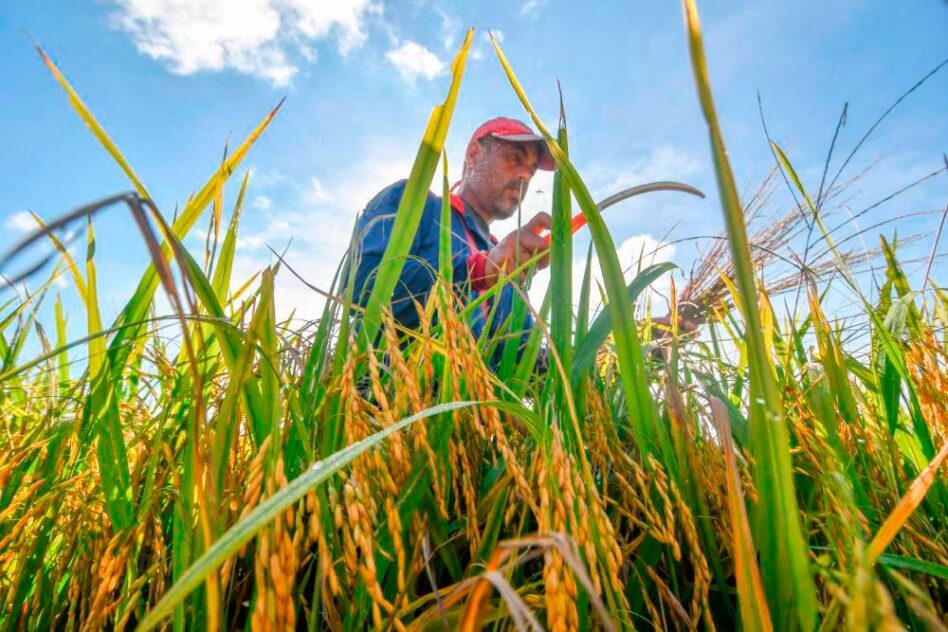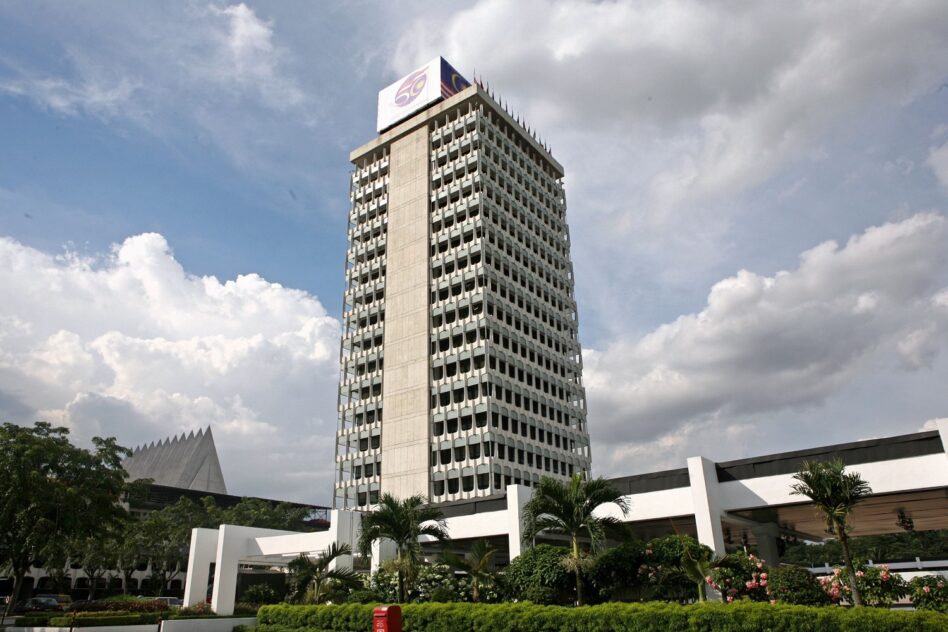AN ECONOMIST has called for a more balanced and critical approach when discussing the possibility that the Malaysian economy will not be badly affected next year amid a global economic slowdown.
Prime Minister Datuk Seri Ismail Sabri Yaakob made such a forecast last night (Oct 8), pointing to Malaysia’s positive gross domestic product (GDP) rate of 8.9% in the second quarter of 2022 (2Q 2022) compared with 5% in the first quarter of 2022 (1Q 2022) as a positive development.
Ismail added that the country’s economic growth for 2Q 2022 was the highest in ASEAN and higher than developed countries like China, which registered 0.4%, the US (1.6%), South Korea (2.9%), Europe (4%), Singapore (4.4%), Indonesia (5.4%) and the Philippines (7.4%).
However, Dr Carmelo Ferlito urged the prime minister to be more “cautious” in evaluating 2022 GDP performances since Malaysia’s baseline for economic performance last year was lower than other countries in the region.
“Malaysia was the only country (in the region) under a severe lockdown for most of 2021,” Ferlito told FocusM.
“Therefore, its economic performance in 2021 is worse than that of its neighbours and the 2022 rebounds reflect this low baseline.”

The Centre for Market Education (CME) CEO added that economic growth for Malaysia still remains very much pulled by private consumption and Government spending, with investments only starting to gain traction.
Ismail had also cited positive foreign direct investment (FDI) in the country to back his 2023 forecast, noting that for the first half of 2022 (1H 2022), total FDI registered amounted to RM41.7 bil compared with RM23.3 bil during the COVID-19 pandemic.
“We have to wait and see”
But Ferlito said “we will have to see how investments pick up in the third and fourth quarters of 2022 to be able to make a better evaluation.”
“I say this because I do not believe that all GDP components are equal in affecting growth.”
Private and public consumption, for example, positively affect GDP but Ferlito said this is just because of the way in which economic performances are measured.
“In actual fact, private consumption and public spending can produce inflation as well as private and public debt,” he noted.
“Instead, robust investments, paired with growth in saving, are the components of a healthy growth path.
“I, therefore, invite policymakers, analysts and economists to do a more qualitative analysis of economic growth,” he said.
Ferlito also noted that the CME was able to anticipate from as early as May 2021 that there would be a post-COVID-19 and inflation-led economic crisis generated by an excess of Government spending during the “Great Lockdown”.
“If Malaysia really wants to ‘surf’ better as the economic slowdown is coming, it needs to be more serious in revenue collection and spending rationalisation,” he added.
“This should be the necessary counterpart of the best measure contained in Budget 2023: tax cuts, which I welcome.” – Oct 9, 2022
Main photo credit: Reuters









